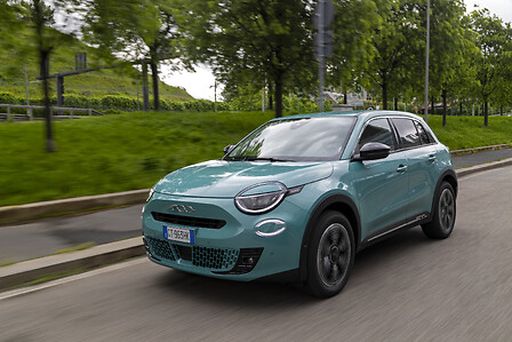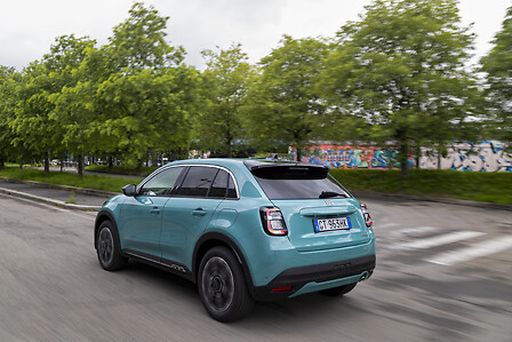Fiat 600 vs Peugeot 208: A Comprehensive Comparison
In the world of compact cars, the Fiat 600 and Peugeot 208 stand out as two attractive options that cater to modern drivers' needs for efficiency, style, and performance. These vehicles, each with their unique strengths and innovations, provide a thrilling driving experience while embodying the characteristics of their respective brands. In this article, we will dive into a detailed comparison of the Fiat 600 and Peugeot 208, highlighting key technical aspects and innovative features.






